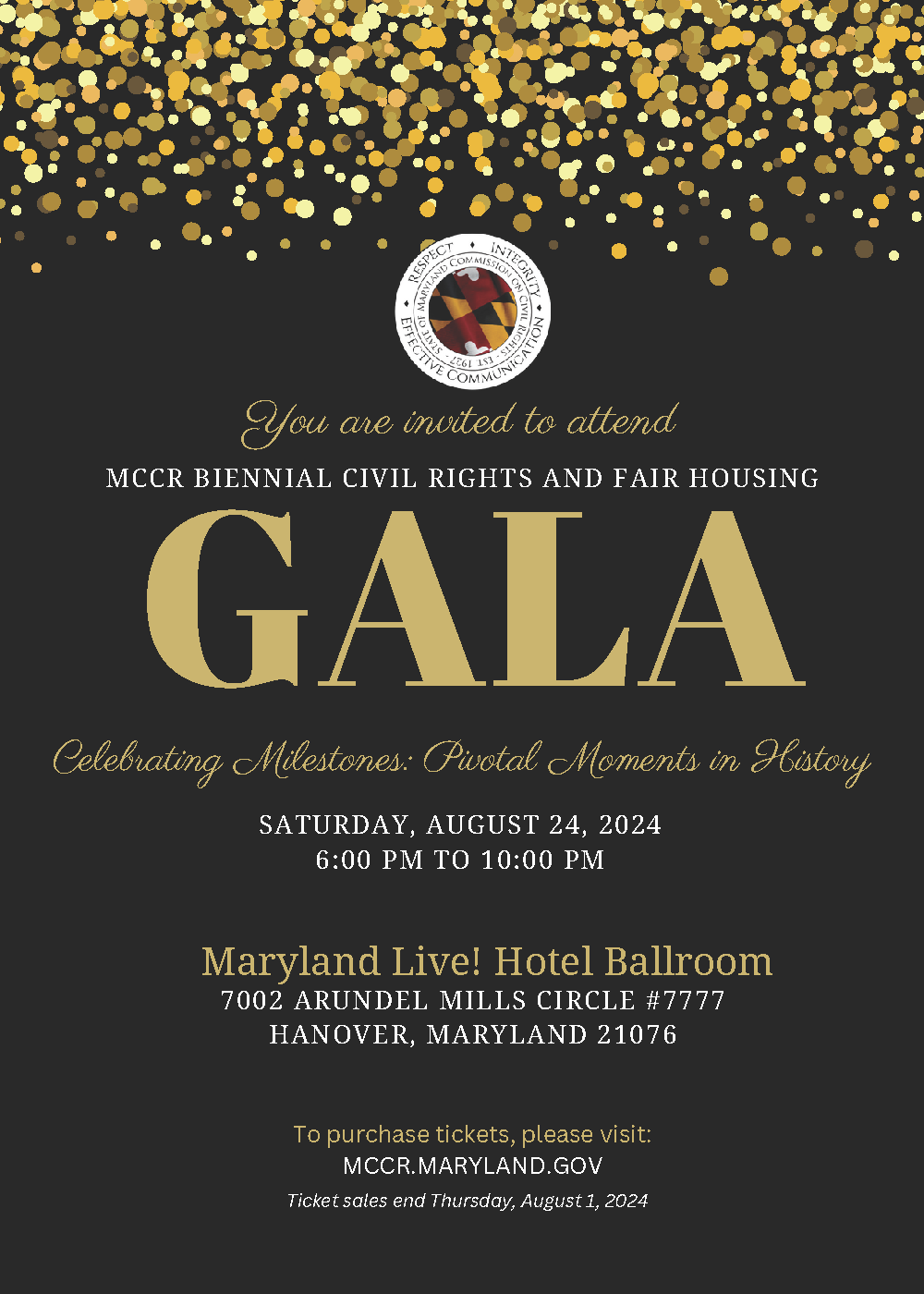The First National Bank of Pennsylvania (FNB) has agreed to pay $13.5 million to resolve allegations by the U. S. Department of Justice (DOJ) and the State of North Carolina that it engaged in a pattern or practice of lending discrimination by redlining predominantly Black and Hispanic North Carolina neighborhoods. Redlining is an illegal practice in which lenders avoid providing credit services to individuals living in communities of color because of the race, color, or national origin of residents in those communities.
The complaint alleges that from 2017-2021, FNB failed to provide mortgage lending services to predominantly Black and Hispanic neighborhoods in Charlotte and Winston-Salem, and discouraged people seeking credit there from obtaining home loans. Instead, FNB’s home mortgage lending focused disproportionately on white areas of the cities. Other lenders had applications in predominantly Black and Hispanic neighborhoods at 2.5 times the rate of FNB in Charlotte and 4 times the rate in Winston-Salem. FNB’s branches in both cities were also mostly located in predominantly white neighborhoods. The bank closed its only branch in a predominantly Black and Hispanic neighborhood in Winston-Salem in 2021.
The complaint further alleges that FNB had mortgage loan officers working out of predominantly white areas to generate loan applications and that the bank did not track how they developed loan referrals or how they distributed the bank’s mortgage marketing materials.
Under the two proposed consent orders, FNB will invest $13.5 million to increase credit opportunities for communities of color in Charlotte and Winston-Salem, including: (1) $11.75 million in a loan subsidy fund to increase access to home mortgage, home improvement, and home refinance loans for residents of majority-Black and Hispanic neighborhoods in FNB’s service areas; (2) $1 million on community partnerships to provide services related to credit, consumer financial education, homeownership, and foreclosure prevention for residents of predominantly Black and Hispanic neighborhoods in those areas; (3) $750,000 for advertising, outreach, consumer financial education, and credit counseling for predominantly Black and Hispanic neighborhoods in the areas; (4) open three new branches in predominantly Black and Hispanic neighborhoods in the two cities, with at least one mortgage banker assigned to each branch; (5) hire a director of community lending to oversee the development of lending in communities of color; (6) retain independent consultants to enhance its fair lending program and better meet the communities’ needs for mortgage credit; (7) conduct a community credit needs assessment; (8) evaluate its fair lending compliance management systems; and (9) conduct staff trainings.
With assets of over $45 billion, FNB is headquartered in Pennsylvania and operates approximately 350 branches throughout the District of Columbia, Maryland, North Carolina, Ohio, Pennsylvania, South Carolina, Virginia, and West Virginia. It is among the 100 largest US banks.
*****
Photo by Andrew Stapleton on Unsplash







